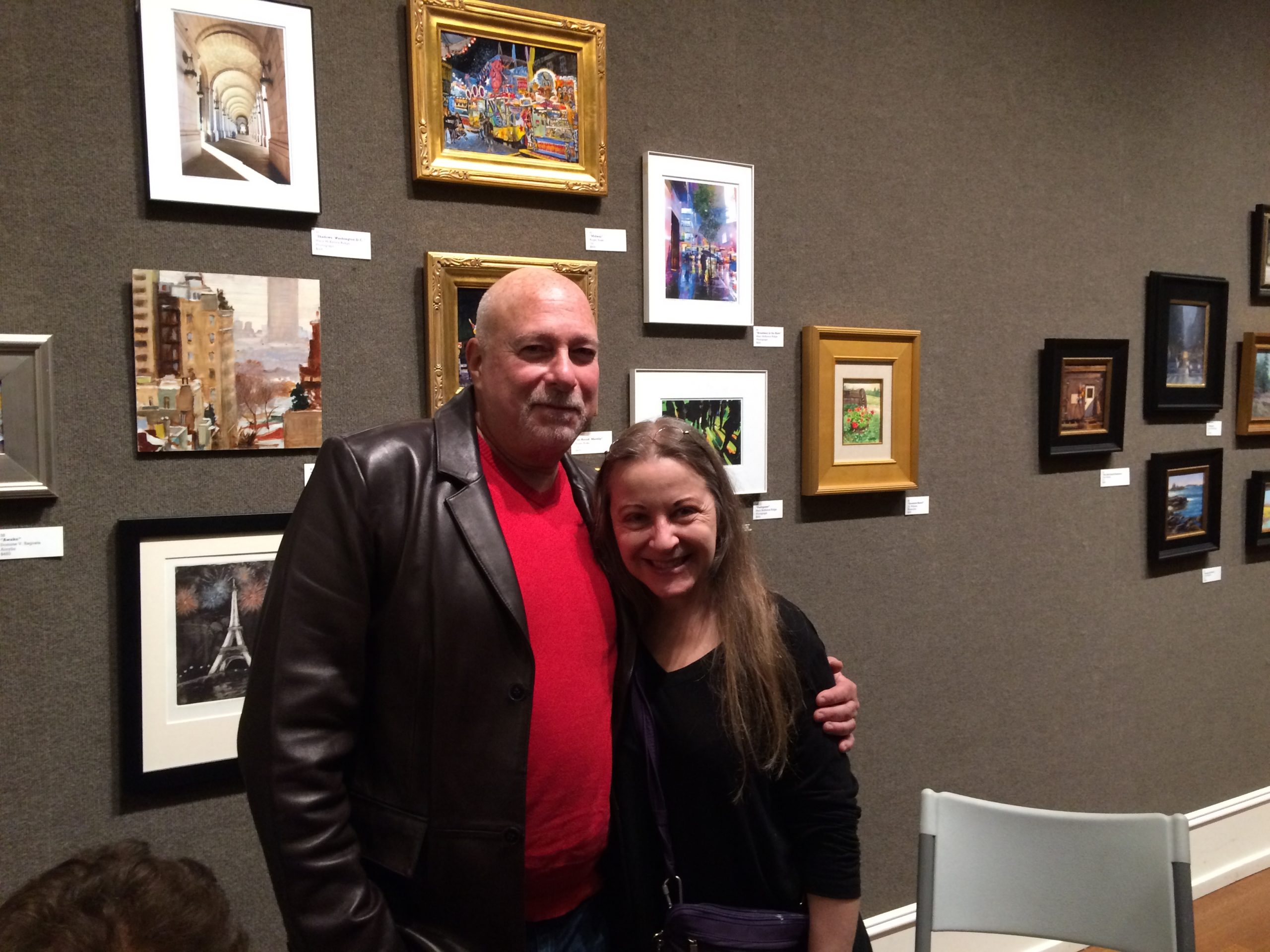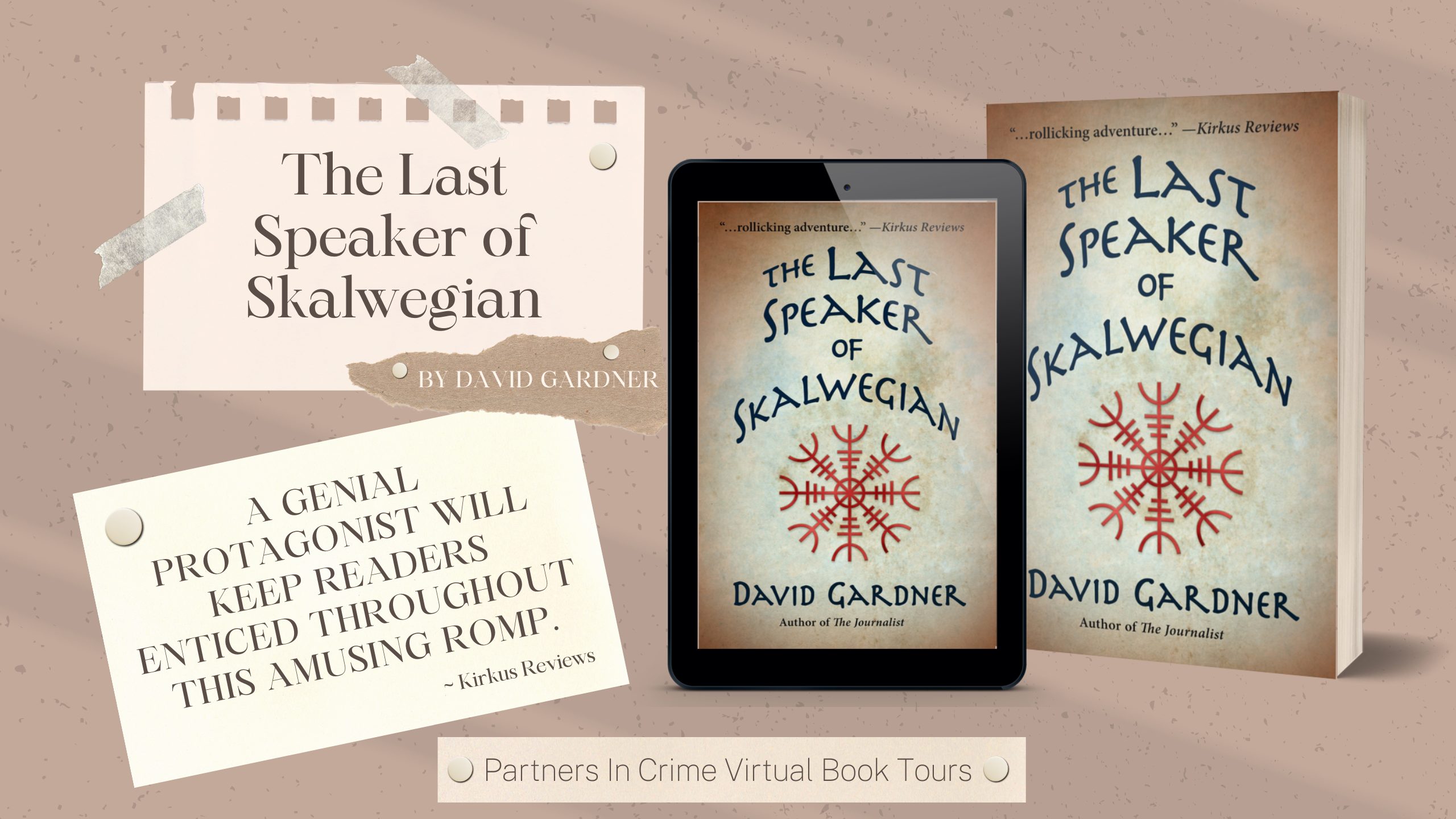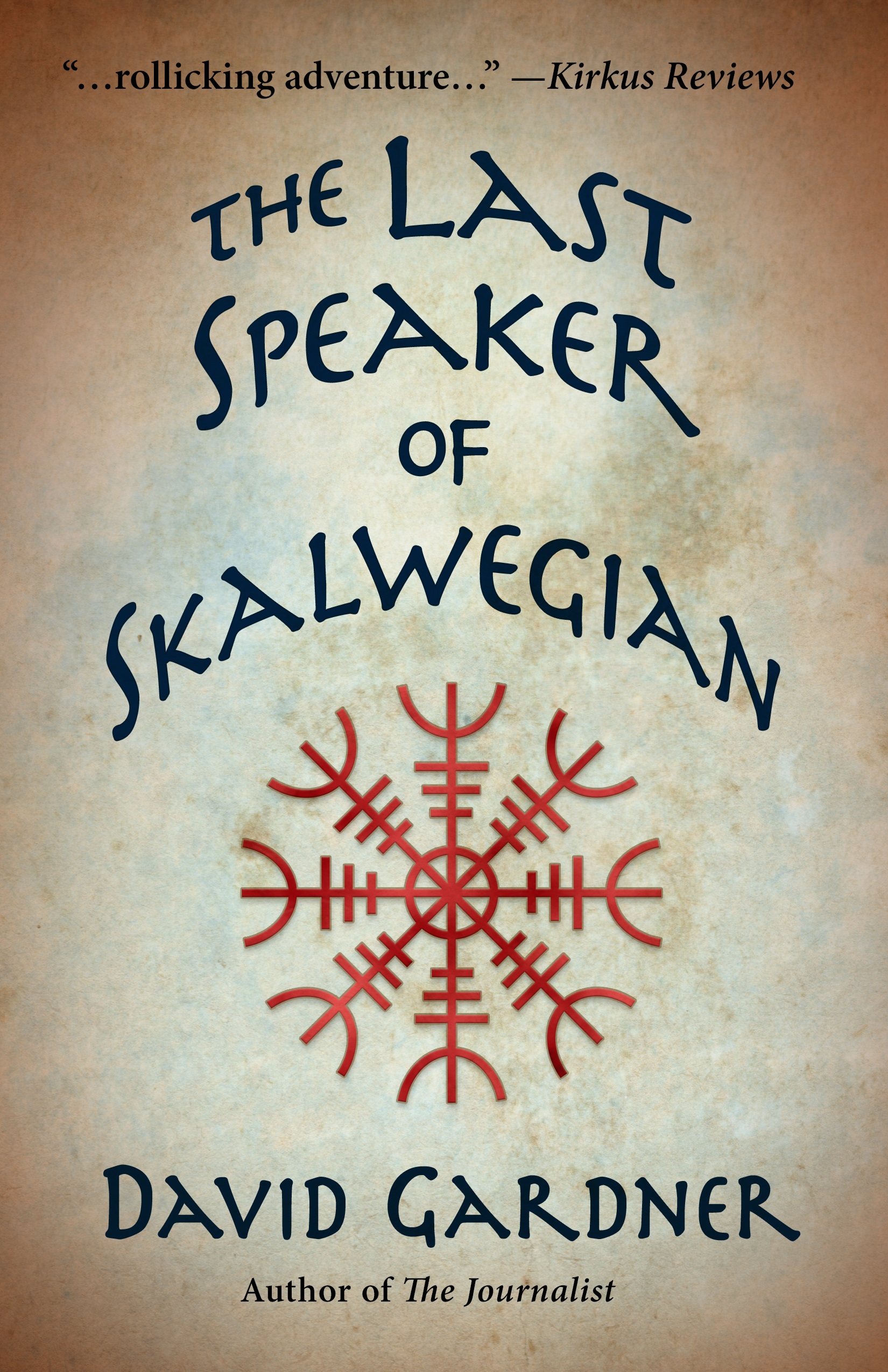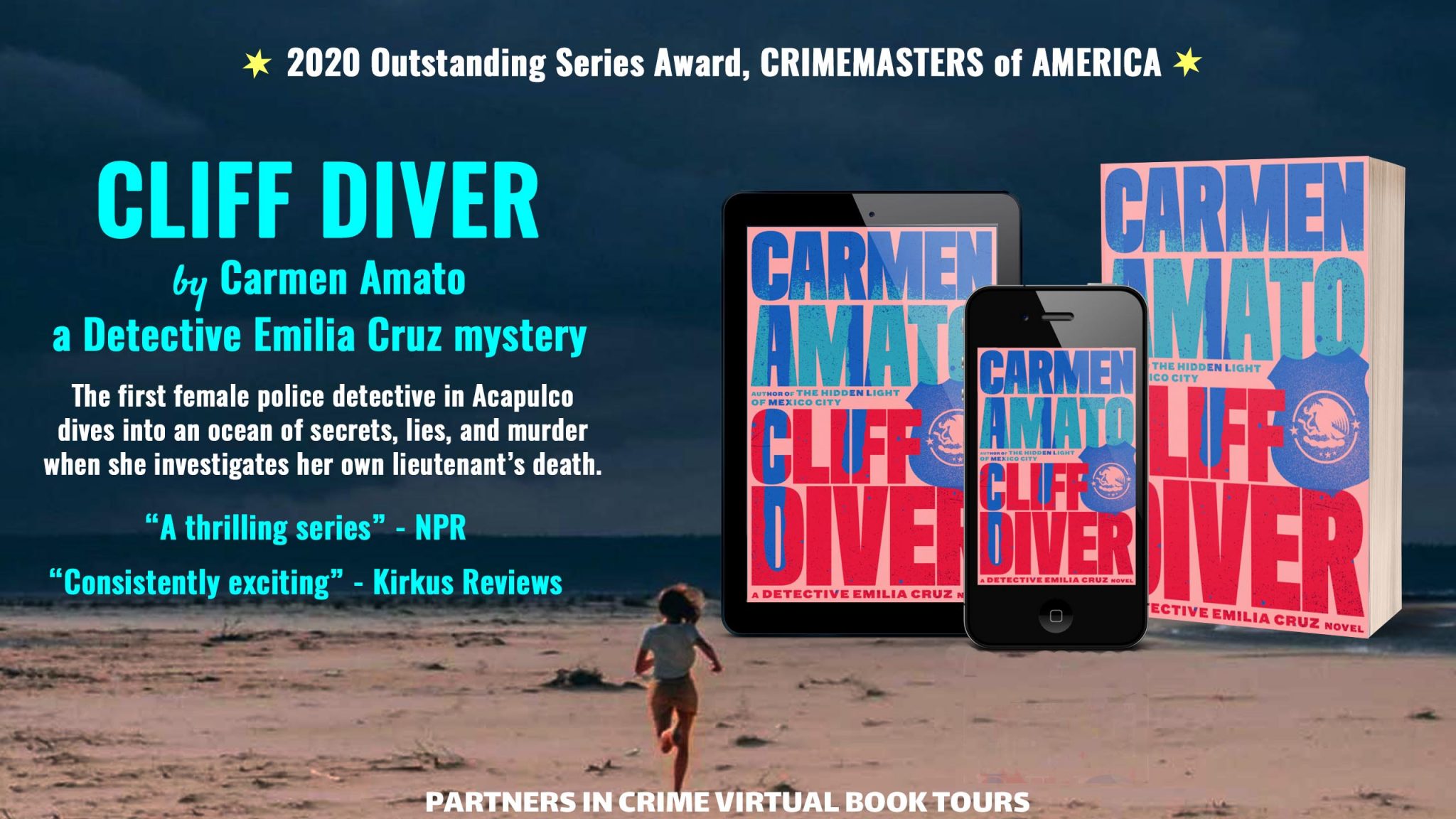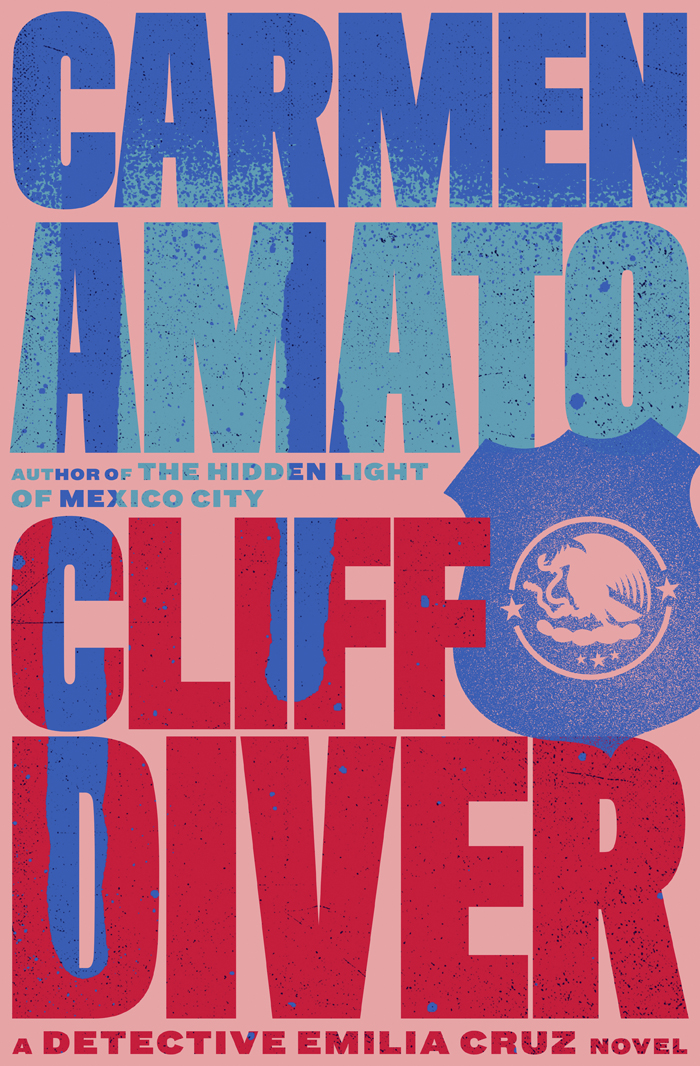Deadly Target
by Elizabeth Goddard
November 1-30, 2021 Virtual Book Tour
Synopsis:

Criminal psychologist Erin Larson’s dreams of a successful career come to a screeching halt when she nearly loses her own life in a boating accident on Puget Sound and then learns that her mother tried to commit suicide. She leaves her job as a criminal psychologist to care for her mother in Montana. At least she is able to produce her podcast, which focuses on solving missing persons cold cases.
Nathan Campbell’s father was investigating such a case when he was shot, and now Nathan needs to enlist Erin’s help to solve the case. She’s good at what she does. The only problem? She’s his ex.
As the two dig deeper, it becomes clear that they, too, are being targeted–and that the answers to their questions are buried deep within the past Erin struggles to explain and longs to forget.
The race is on for the truth in this gripping and complex tale of suspense, intrigue, and murder from USA Today bestselling author Elizabeth Goddard.
Book Details:
Genre: Mystery, SuspensePublished by: RevellPublication Date: November 2nd 2021Number of Pages: 336ISBN: 0800737997 (ISBN13: 9780800737993)Series: Rocky Mountain Courage #2 || This is a Stand-Alone Novel
Read an excerpt:
1
Puget Sound
For a few hours every Saturday morning, Erin Larson could forget that evil existed.
And usually, only on the water.
She dipped the double-bladed paddle into the sea, then again on the other side—left, right, left, right, left, right—alternating strokes in a fluid motion to propel her kayak across the blue depths. Her friend Carissa Edwards paddled close behind.
Left, right. Left, right. Left, right.
On the water she was close to nature and far from the chaos and noise of the city even though she and Carissa paddled along the shoreline and could see the cityscape in the distance. The quiet calmed her mind and heart. The rhythmic paddling mesmerized her. The exertion exhilarated her. Cleansed her of the stress and anxiety acquired after a week of forced labor.
Okay, that wasn’t fair. Her suffering certainly wasn’t physical in nature.
Water. Mountains. Sky. She took in the sights and once again . . . forgot.
Beautiful snowcapped Mount Baker—the Great White Watcher—loomed large in the distance to the east.
Left, right. Left, right. Left, right.
The slosh of paddles along with the small waves lapping against her boat soothed her and were the only sounds except for seagulls laughing above her—ha, ha, ha.
To the west, the impressive Olympic Mountains begged for attention. Erin couldn’t wait for Mom to join her out here, when she finally convinced her to move.
A salty ocean breeze wafted over her as peace and beauty surrounded her.
She couldn’t ask for more.
She shouldn’t ask for more.
But God . . . I need answers.
Carissa caught up with Erin and paddled next to her kayak. “Thanks for coming with me today. I needed this.”
“The exercise or the scenery?” Erin had just broken a sweat despite the early morning cool.
“How about a little of both. And the company makes all the difference, I’m not going to lie.”
“Yeah,” Erin answered with reluctance. She and Carissa had an understanding between them. On their kayaking excursions, peace and quiet were supposed to reign.
“By the way, I listened to your podcast last night,” Carissa said.
Maybe she’d forgotten their unspoken pact.
“Oh?”
Erin wanted to know Carissa’s thoughts, but at the same time, she didn’t want to hear the criticism. Nor would she trust any praise.
“Why keep it anonymous?”
“It could get complicated.”
Carissa’s laugh echoed across the water. “In my case, I’d probably want the dean of the college and my students to know. But then again, I wouldn’t be talking about crime or missing people. I’d be talking about history. So, what took you so long to tell me?”
Erin lifted a shoulder, opting for silence. Maybe it would be contagious.
Now she wished she hadn’t told Carissa, but letting her friend in on her secret was a step toward opening up. She kept too much hidden inside. Erin had never been good at letting others in. Although as a psychologist, she was all about learning what made people tick on the inside.
Erin breathed in the fresh air, listened to the mesmerizing ripple of the water, felt the warm sun against her cheeks, and chased away thoughts of crime and work.
“Cold cases. Do they ever get solved?” Carissa asked.
Left, right. Left, right. Left, right.
“Some do.” Few.
“Why do you do it?”
“I need a hobby, I guess.” Erin couldn’t begin to explain the complex events that drove her to talk about missing person cold cases in hopes that answers could still be found.
“I’ve been thinking.” Carissa’s kayak inched ahead.
Erin remained silent.
“We do this every Saturday,” Carissa continued.
Left, right. Left, right. Left, right.
“It’s been a lifesaver,” Erin said. “Thanks for inviting me along.”
After a week working for the State of Washington, the endless hours spent researching and writing reports for forensic evaluations, she needed the break. The job wasn’t what she had dreamed about when she’d become a criminal psychologist. Still, she hoped it was a means to an end. In the meantime, she’d started the cold case crime podcast.
“How about we switch it up? Go hiking. Mountain trails and lush forests all around us.”
“This is close. We don’t have to drive far. Plus, I really love the water.” And have an aversion to dense forests. Carissa didn’t need to know that, as a psychologist, Erin was a walking oxymoron.
“I thought you might enjoy a change.”
“No, I’m good with this.” Erin’s shoulders and biceps started burning. She was relieved they would soon turn around and head back.
“I hope you’ll think about it. I’d love for you to join me next weekend. I’m hiking in Mount Baker National Forest, and I’m inviting you to join the group.”
“What? You’re ditching me to go hiking?”
“Um . . . Is it just me, or is that boat heading directly for us?” Panic edged Carissa’s voice.
Erin glanced over her shoulder in the direction of Carissa’s wide-eyed stare. A thirty-foot cruiser sped toward them. She and Carissa had strayed a bit from the shoreline. Regardless, that boat shouldn’t be approaching them in this area or at that speed.
“Hurry.” Erin quickened her pace. “We can get out of its path.”
“We won’t make it.” Carissa stopped and raised her paddle, waving to get the boater’s attention. “Hey, watch where you’re going! Kayakers on the water!”
Arms straining, Erin paddled faster and propelled the kayak forward. Her friend hadn’t kept up. “Carissa, let’s go! Just angle out of the path.”
Carissa renewed her efforts and joined Erin. Together they paddled toward the shoreline that had seemed so much closer moments before.
Carissa screamed. Heart pounding, Erin glanced over her shoulder. The boat had changed course and was once again headed straight for them.
Fear stole her breath. “Jump! Get out of the boat and dive!”
It was all she could think to do.
“Now, now, now!” She sucked in a breath and leaned forward to flip the kayak until she was upside down in the water for a wet exit. Holding her breath, she found the grab loop and peeled off the skirt. Then she gripped the sides and pushed the kayak away from her body as she slid out. Instead of heading for the surface, she kicked and dove deeper. She was grateful she was wearing a manually inflatable life vest over her wetsuit or it would drag her back to the surface, which was normally a good thing.
But today that could get her killed.
She pushed deeper, deeper, deeper . . . away from the surface.
We’re going to make it.
Erin twisted around to glance upward. The water was murky and visibility was only about ten feet, but she could still see her friend struggling to get free of her kayak. Terror stabbed through her. Erin swam back to Carissa to help her, even as the boat raced toward the kayaks and was almost on them.
Her eyes wide, Carissa pushed forward, freeing herself.
The hull of the speeding boat sped right over the top of the kayaks, breaking Carissa’s in half—the stern of her broken kayak propelled toward Carissa. Her head jerked forward.
All the bubbles of air burst from her lungs, then her form floated—unmoving. Unconscious? Or was she lifeless?
Her pulse thundering in her ears, Erin swam toward Carissa, grabbed her, and inflated their life vests. They rose quickly to the surface. Erin broke the water and gasped for breath as she held Carissa. The water remained disturbed from the speeding boat’s wake and crashed over them.
Erin confirmed what she already feared. Carissa wasn’t breathing. Adrenaline surged through her. She had to keep moving. Holding on to Carissa, Erin started swimming them back to shore.
She spotted the errant boat making a big circle.
Coming back? Had someone lost control? She had to make it to shore to give Carissa CPR. And maybe even to save them both.
Stay calm. Panic wouldn’t help either of them. The water was cold, but not so cold that she needed to worry about hypothermia. At least not yet. The whir of a boat from her left drew her attention, kicking up her already rapid heartbeat. As she took in the slowly approaching trawler—a far different boat from the speeding cruiser—relief eased the tension in her shoulders. Three men and a couple of women waved.
A silver-haired man in a Seahawks cap shouted, “Do you need help?”
“Yes! Hurry!”
The boat edged slowly toward her, and she swam to meet it. The men reached down and pulled Carissa up into the boat.
Erin used the ladder on the side. “She needs CPR. She’s not breathing!”
When she hopped onto the deck, she saw that one of the men had started administering CPR.
A redheaded woman wrapped a blanket around Erin. “Oh, honey, are you okay?”
Hot tears burned down her cold, wet cheeks. “No . . . no, I’m not okay.” She dropped to her knees next to her friend.
Carissa coughed up water and rolled onto her side. When she’d finished expelling seawater, she sat up and looked around.
Erin hugged her and spoke against her short, wet hair. “I thought you were done for.”
Carissa held on to Erin tightly, then released her to cough more. Erin took in the group standing around them, their watchful eyes filled with concern.
“I’m Vince. And this is my wife, Jessie.” The man with the Seahawks cap gestured to the redhead, then made introductions. John, his son, and Terry, John’s friend, and Mavis, John’s girlfriend. A family affair.
“I’m Erin, and this is Carissa.”
Jessie placed a blanket around Carissa. “Why don’t you have a seat? I’ll get you something warm to drink.”
“Thank you.” Erin sat with Carissa on the cushioned bench and took in her friend. She looked shell-shocked, and why shouldn’t she? Was she going to be okay?
Carissa closed her eyes. Was she in pain or thinking back to what happened? Jessie had disappeared below deck to grab warm drinks. Mavis, Terry, and John were trying to recover the kayaks and bring them onto the trawler.
Vince remained standing, his arms crossed as if he were a sentinel sent to protect them. And at this moment, Erin needed that reassurance.
“If you hadn’t come when you did,” she said, “I don’t know what would have happened. I can’t thank you enough.” She searched the waters around them. “Is that boat . . . Is it gone?”
“What boat?” Mavis approached and glanced at Vince.
“You didn’t see that?” Erin got to her feet and pulled Carissa with her. She searched the waters. “A boat came right for us. Ran over our kayaks and almost killed us. They must have lost control. Maybe they were drunk or something.”
“I saw a boat heading west,” Vince said, “but I didn’t connect that to seeing you in the water swimming to shore. Kayaks and canoes are hard to spot sometimes. I’m sorry that happened. But I’ll contact the Seattle Police Harbor Patrol and let them know. In the meantime, is there somewhere we can take you?”
“Back to the marina at Port of Edmonds. We could talk to the police there and tell them what happened,” Erin said.
Vince eyed Carissa. “I’ll let SPHP know we’re on the way and to meet us there. Should we get you to the hospital?”
Erin shared a look with her friend. “She sustained a hit to the head. Maybe an ambulance could be waiting for us when we get to the harbor.”
Carissa nodded but said nothing. Erin ached inside. She’d almost lost Carissa. She was grateful that her friend had survived. They had both survived.
Erin replayed the events in her mind. Had the boat deliberately veered toward them or had she imagined it? These boaters who’d helped them had simply been out enjoying the day when they spotted Erin and Carissa in the water, their kayaks floating, Carissa’s in two pieces.
I can’t believe this happened.
The water had been her place of peace and tranquility.
But no more.
Erin pulled her ringing cell from the plastic bag tucked in a pocket on her suit. She didn’t recognize the number, but it was a Montana prefix. Her heart jackhammered as she answered, “Erin.”
“Dr. Larson . . . Erin.” The familiar male voice hesitated. “This is Detective Nathan Campbell.”
Dread crawled up her spine. Nathan would never call her without a good reason. “Nathan . . . what’s going on?”
“It’s . . . your mom. She’s okay. But she tried to commit suicide. I’m so sorry.”
A few heartbeats passed before she could answer. “Wha . . . What?”
Nathan apologized again and repeated the words.
The air rushed from Erin. She couldn’t breathe and stood. She headed for the rail and hung her head over the water, gasping for breath.
“Erin! Erin, are you there?” Nathan’s concerned voice shouted over the cell loud enough she could hear him despite the boat’s rumbling engine and rushing water.
Carissa joined her at the rail. “Erin, what’s happened?”
The darkness closed in on her all over again, but this was different from before. Why hadn’t she seen the warning signs? She had to fix this.
Squeezing her eyes shut, she lifted the cell to her ear again. “I need details.”
Nathan relayed that her mother was in the hospital and in stable condition.
Ending the call, she stared at the cell. Mom was in trouble. The fact that the awful news had come from the man she’d left behind compounded the pain in her chest. This, after she and Carissa had barely survived a boating accident.
Evil wouldn’t let her forget that it existed, even for a few hours.
***
Excerpt from Deadly Target by Elizabeth Goddard. Copyright 2021 by Elizabeth Goddard. Reproduced with permission from Baker Publishing Group. All rights reserved.
Author Bio:

Elizabeth Goddard is the USA Today bestselling and award-winning author of more than fifty novels, including Present Danger and the Uncommon Justice series. Her books have sold over one million copies. She is a Carol Award winner and a Daphne du Maurier Award finalist. When she’s not writing, she loves spending time with her family, traveling to find inspiration for her next book, and serving with her husband in ministry.
For more information about Elizabeth Goddard, visit her website at:
Tour Participants:
Visit these other great hosts on this tour for more great reviews, interviews, guest posts, and giveaways!
GIVEAWAY:
This is a rafflecopter giveaway hosted by Partners in Crime Virtual Book Tours for Elizabeth Goddard and Revell. There will be ONE (1) winner for this tour. The winner will receive ONE (1) physical copy of both Present Danger & Deadly Target by Elizabeth Goddard. This giveaway is open only to residents in the US or Canada. The giveaway runs November 1 through December 5, 2021. Void where prohibited.
Get More Great Reads at Partners In Crime Virtual Book Tours






